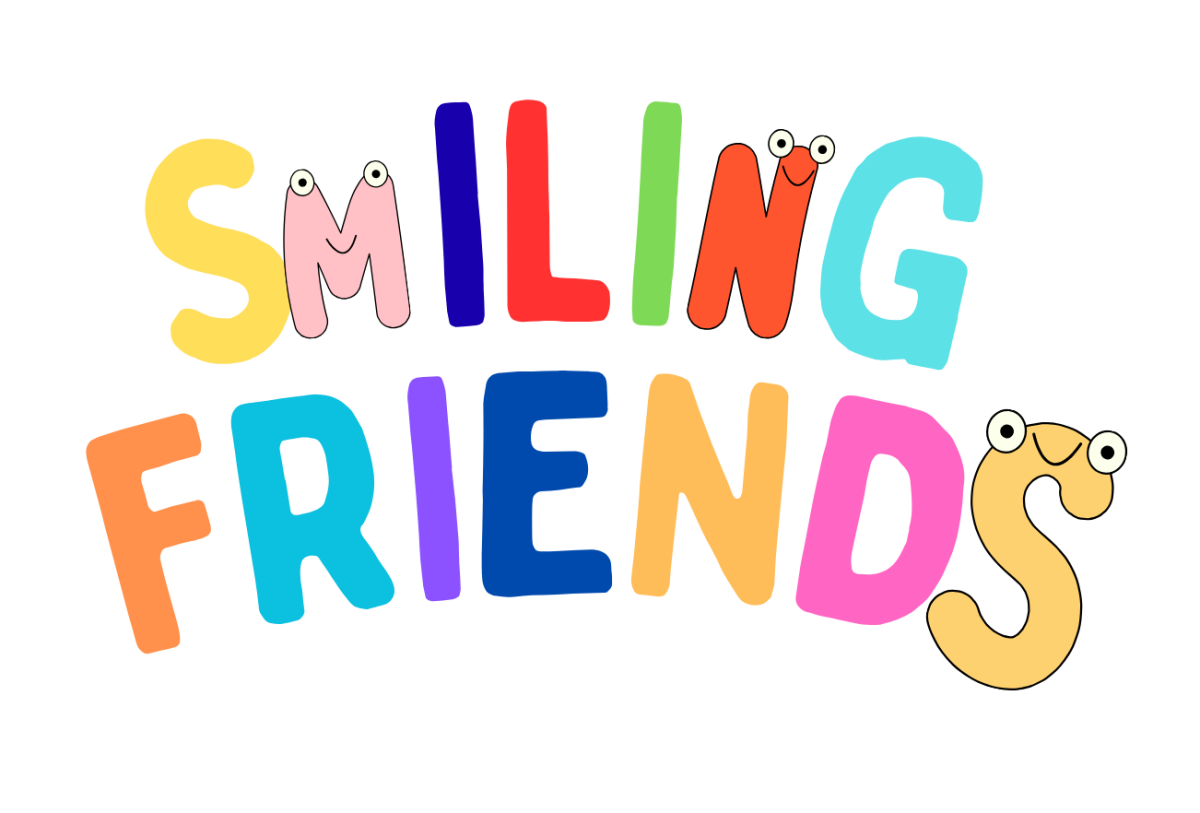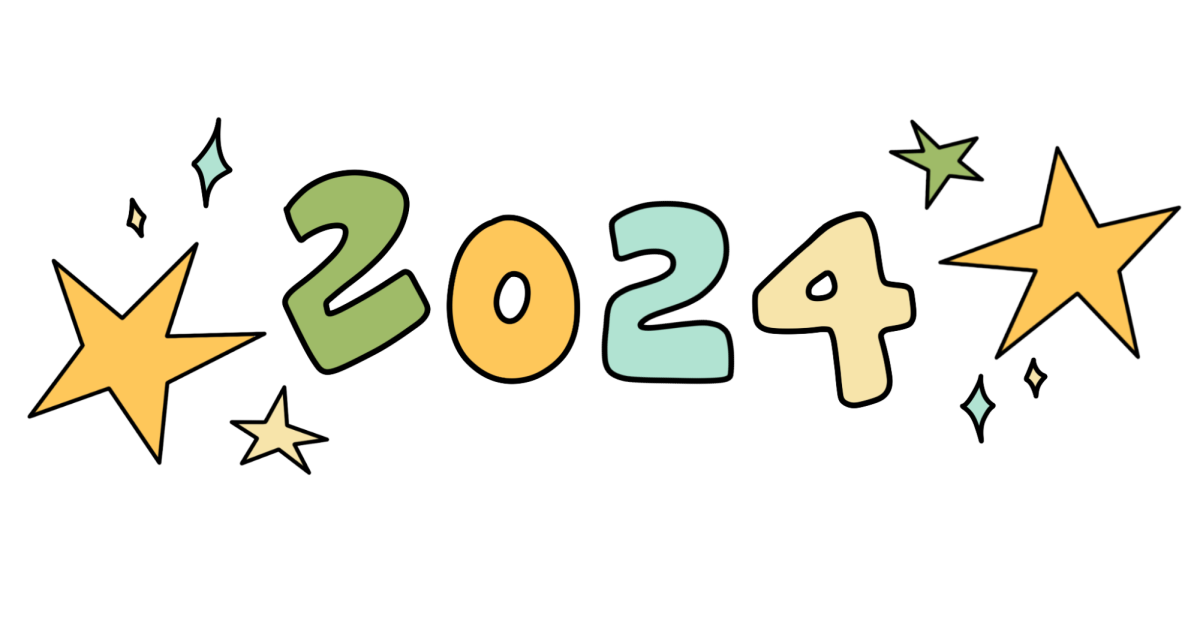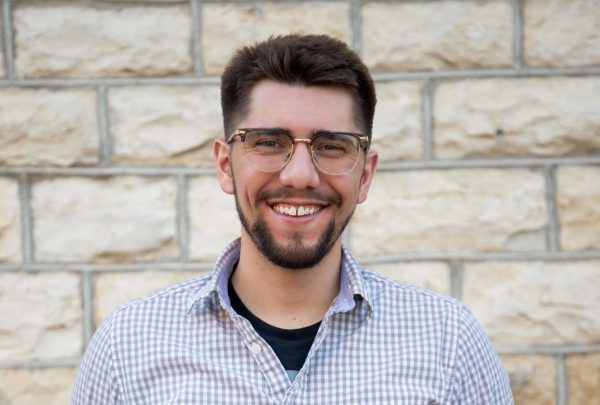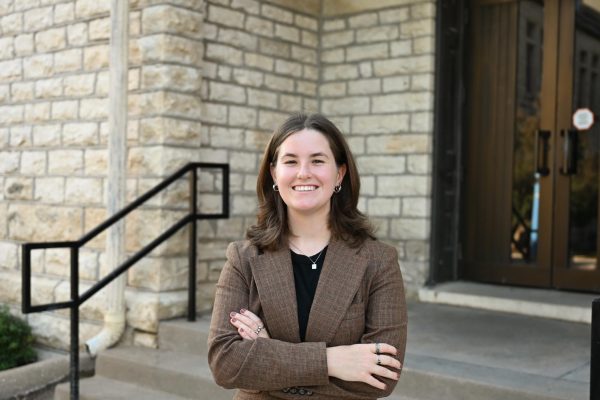The New Year brings new things. A new semester brings new classes. New classes bring new friends. New friends bring new memories. We look forward to all of these after a much-needed break from the classroom. There is joy when we give ourselves new goals for a new self. Yet, all too often we do fall short. While we strive to read that book or lift that weight, we go strong and gradually, or rather quickly, stop reading or lifting.
Why do we stop going for the goal? Better yet, why do we often fail in our New Year’s Resolutions? Of course, each person is unique for what they want. But what really decides whether or not a person reaches their goals? What factors should we look for? Who should we ask and where do we look? Where better to start than one of my favorite sources.
Dr. Kendra Cherry, author and rehabilitation specialist, writes from verywellmind.com. Dr. Cherry tells us that we are in the “fresh start effect” when the ball drops. As we celebrate, we have the New Year landmark, and feel energized to change. Despite this, however, when we make ambiguous vows to “go to the gym”, “be more positive”, or “stop smoking” we set ourselves up for disappointment. We may clink our glasses, but don’t write the details.
She goes on to tell us we have a harder time sticking with goals tied to our desires. Why is this? It’s quite simple really. We struggle because we try our hand at “avoidance-oriented goals”. Plainly speaking, we try to avoid something which we have made a habit of. We vow to stop smoking right away, but don’t try to replace it with something else, like walking or spending time with friends. We vow to hit the gym for an hour every day. We convince ourselves how feasible it is. But once the New Year hits, duty calls and assignments are due.
There is good news. Dr. Cherry’s study also says it’s easier to change with “approach-oriented goals.” We can choose specific gradual changes. Why be ambiguous when we can write down and plan said goals? It may seem obvious, but I think I speak for many of us when I say we don’t always plan our goals. Often we don’t take the time to write them down in a planner. We don’t usually mark a sticky note and place it above our computer screen. Instead, we sometimes try to hold the idea in our head, holding onto our vision. Or other times we get frustrated when we don’t know how to break down our goals into edible bites.
The question now is where do we go with this? Well I think we should center our focus. We should say “I will go to the gym once this week,” or “I will only smoke twice this week.” We can break down our bad habits bit by bit. Doing so lets us set a new one or break a bad one. Given that, maybe what we should consider isn’t a quick change in the New Year. Instead, we should consider a new us by the end of the year.
























































































































